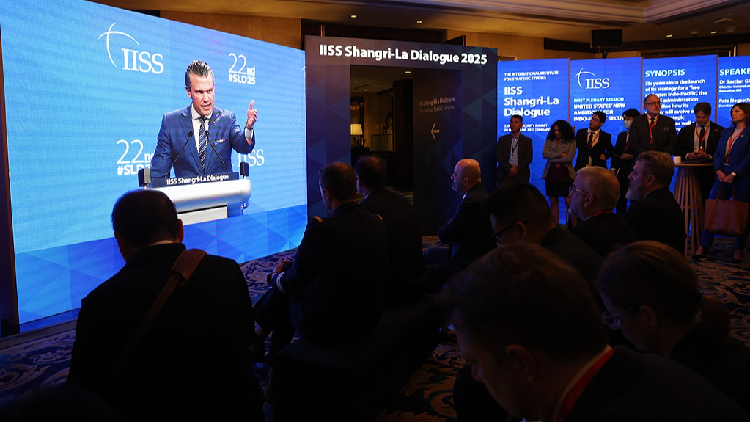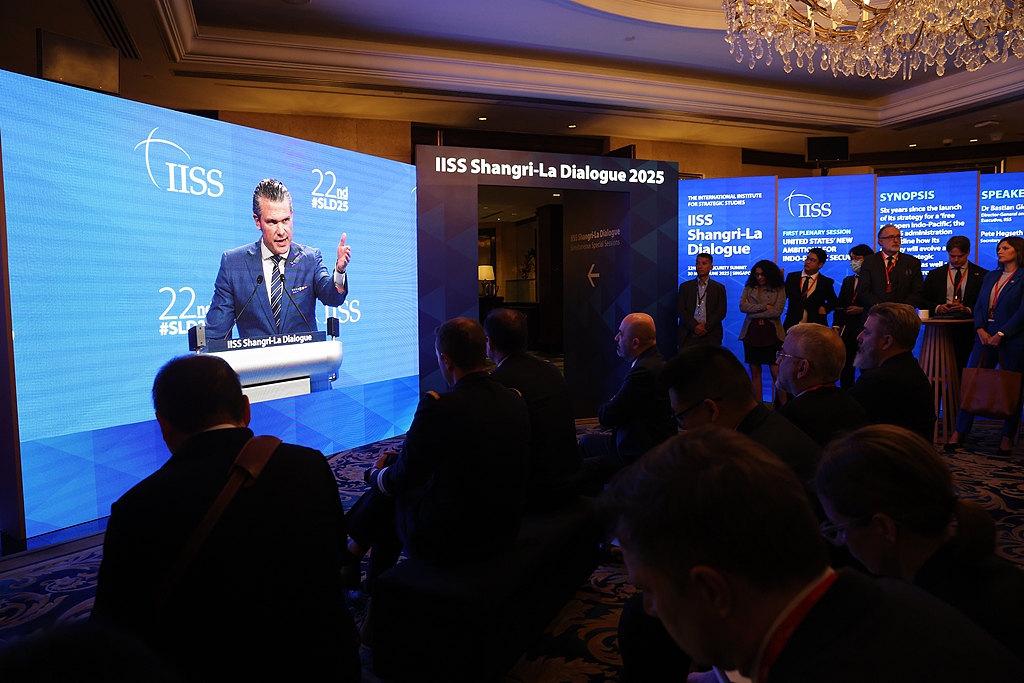Experts Criticize Hegseth's Remarks as Provocative and Harmful to Regional Stability
Experts slam U.S. Defense Secretary Hegseth's call for Asian countries to boost military spending over China's perceived threat.


A heated debate has erupted following comments made by U.S. Secretary of Defense Pete Hegseth at the 22nd Shangri-La Dialogue in Singapore, where he urged Asian nations to bolster their military spending and claimed that China poses an "imminent threat." The remarks have been sharply criticized by regional experts and policy analysts, who argue such rhetoric is not only inflammatory but could also undermine peace and stability across the Asia-Pacific.
Many regional observers contend that the *majority of Asian governments do not perceive China as the security threat portrayed by Washington.* Instead, they warn that aggressive language from the United States risks raising tensions at a time when countries are seeking cooperative pathways for development and dialogue. The concern now, experts say, is whether the U.S. approach will promote collective security or deepen geopolitical divisions.
Dylan Loh, assistant professor in the Public Policy and Global Affairs program at Singapore’s Nanyang Technological University, noted that “short of a very few countries, not many in this part of the world see China as an imminent threat and would up their [defense] spending.” This sentiment was echoed by Rommel Banlaoi, chairman of the Philippine Institute for Peace, Violence and Terrorism Research, who cast doubt on the sincerity of American intentions in the region.
“The idea of the U.S. positioning itself as a ‘stabilizer’ in the region is deeply flawed,” said Banlaoi. “Its recent history of interventions has triggered multiple conflicts and regional wars, particularly in the Middle East. In contrast, *China has not initiated any regional wars*. The current U.S. push seems aimed more at countering China’s rising influence than fostering genuine regional stability.”
Da Wei, director of the Center for International Security and Strategy (CISS) at Tsinghua University, described Hegseth’s speech as “highly provocative.” He argued that the U.S. defense chief’s remarks signaled an ambitious and confrontational "Indo-Pacific strategy," which could alienate partners rather than unite them. Da further criticized what he saw as a double standard: “The U.S., which has shown a lack of respect even for close neighbors like Canada and Panama, asks China to respect its own neighbors.”
Da also highlighted inconsistencies in U.S. policy, pointing out, “The U.S. encourages Asia-Pacific countries to collaborate and increase defense budgets, yet simultaneously imposes tariffs that stifle economic growth. *This significantly undermines the credibility of the U.S.’s stated intentions*.”
Crucially, Da suggested that Hegseth’s statements may not be fully aligned with the broader policies of the current administration, indicating the U.S. government’s approach toward China remains in flux. “To directly attack China at such a high-profile security forum is, in my opinion, inappropriate,” he remarked, advocating for more coordinated messaging.
Zhou Bo, a senior fellow at CISS, raised similar concerns about the transactional nature of U.S. alliances in the region. “The U.S. talks about the importance of the Asia-Pacific, but its support hinges on total compliance with Washington's demands. This transactional approach breeds skepticism among partner countries,” Zhou noted.
As regional leaders and experts weigh these developments, the challenge remains for the Asia-Pacific to strike a balance between great power competition and its own vision for peace, prosperity, and autonomy. The stakes, they argue, have never been higher.




